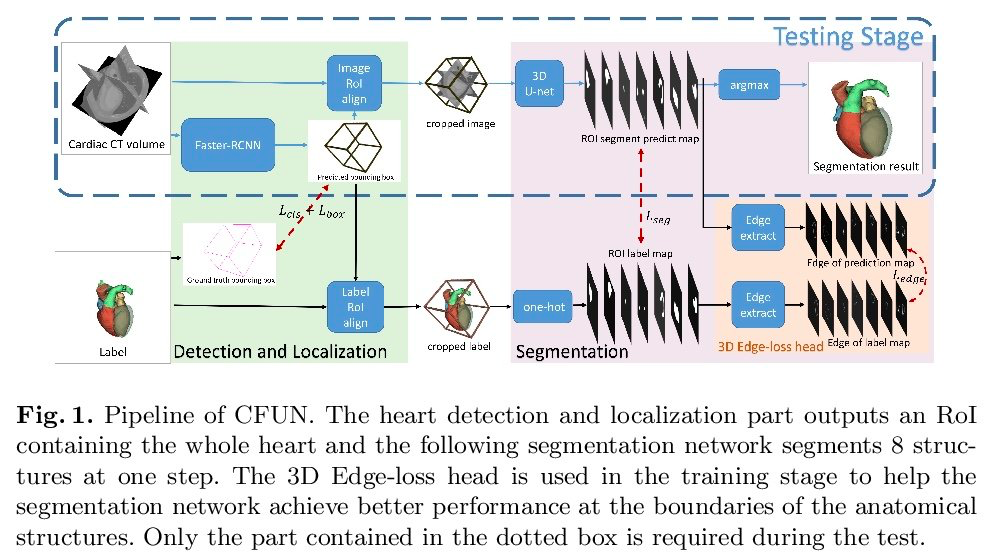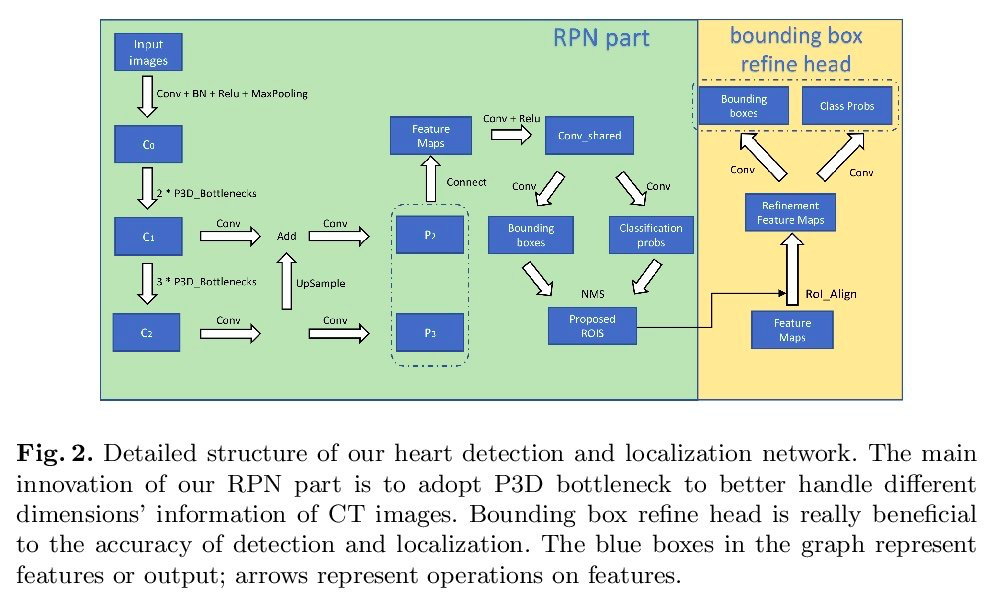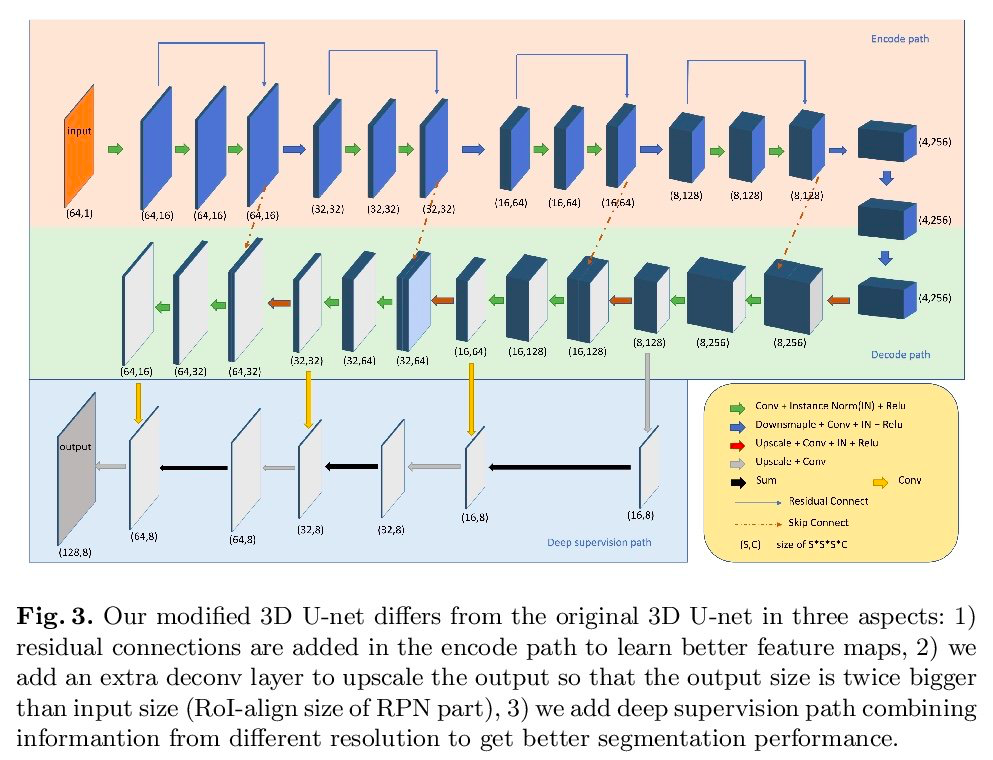if it's just about bending the curve I think solar panels can bend the curve of coal consumption for instance. But of course the difficulty is to get to get near to net zero which is a far far more difficult task
for - bending the curve vs net zero
comment - it depends on how you define "bend the curve" - I think many actually include achieving net zero in bending the curve


